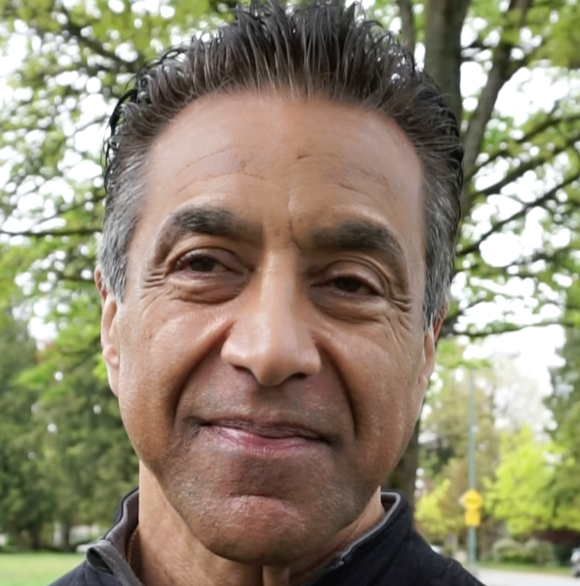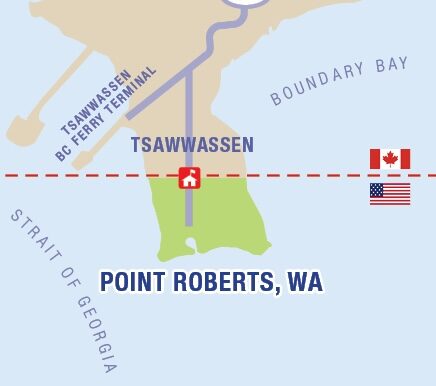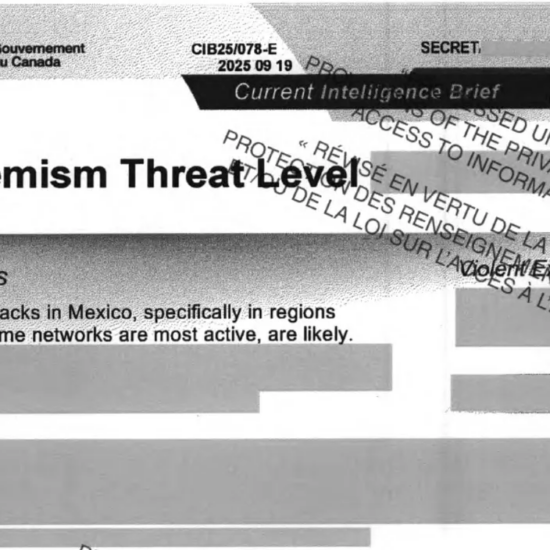
How did two teenagers from Vancouver Island get all the way to a remote part of Manitoba after allegedly killing as many as three people in Northern British Columbia? Why was the drug overdose death of a teenager at a Langley, B.C. skateboard park initially reported as an incident requiring the Independent Investigations Office? Why are the names of victims of a fatal July floatplane crash in B.C. kept secret by B.C. authorities?
In an age of transparency, police and regulatory agencies in Canada are less forthcoming than counterparts south of the border in the United States. Canadian authorities tend to default to privacy. Yet they are frequently asking the public for help.
“They’re wondering why the public is not coming forward with information,” said Kash Heed, a former solicitor general of British Columbia who is this week’s guest on theBreaker.news Podcast. “They expect it to be a one-way street.”
“They can absolutely afford to tell us a lot more than they’re telling us right now,” said Heed, a former superintendent of the Vancouver Police and chief of the West Vancouver Police. He calls it a disturbing trend with the RCMP not releasing anything on certain incidents, unless the media finds a reference on social media or gets a tip from an eyewitness. “It’s carried through to some other public accountability agencies, such as the IIO, the coroner’s office, even some of the bureaucracies within our government here that are controlled by some of the political body. The media certainly has a right to raise these particularly issues.”
Listen to host Bob Mackin’s full interview with Heed. Plus, Pacific Northwest and Pacific Rim headlines and commentaries.
Click below to listen or go to Apple Podcasts and subscribe.
Have you missed an edition of theBreaker.news Podcast? Go to the archive.
Support theBreaker.news for as low as $2 a month on Patreon. Find out how. Click here.












